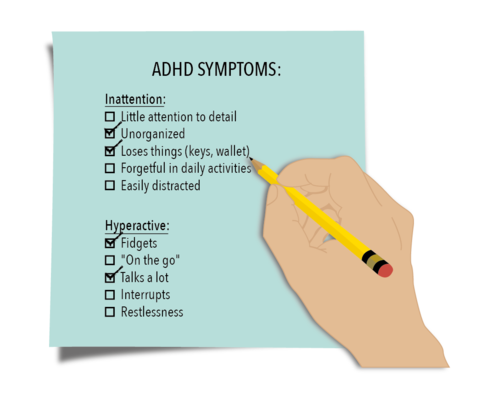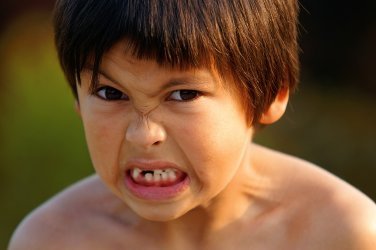One of the world’s leading pediatric neuroscientists, Dr. Bruce D. Perry, M.D., Ph.D, recently stated publicly that Attention Deficit/Hyper-Activity Disorder (ADHD) is not ‘a real disease,’ and warned of the dangers of giving psycho-stimulant medications to children. Speaking to the Observer, Dr. Perry noted that the disorder known as ADHD should be considered a description of a wide range of symptoms that many children and adults exhibit, most of which are factors that everyone of us displays at some point…

ADHD Not a Real Disease. Scientist claims everyone fits some of the criteria for ADHD
Lifetime Interview @ Smart Parents Magazine (No.213) by Sing Tao

Anger Management for Children
Has your child lost their temper? Did your child yell or scream or want to hit something? Everyone gets angry and when kids are treated unfairly, they try to stand up for themselves by reacting in anger. It is important to teach children what to do and not to do when they are angry. Children have a lot of emotions. Anger is one emotion they…
Why Your Teen Doesn’t Talk to You
So that title might sound harsh. You’re thinking, “Oh, so now it’s MY fault that my teenager doesn’t talk to me? When I try so hard?” If you can realize some of the things you’re doing that are accidentally off-putting to your child, you’ll be better able to connect with him or her. 1) I’m not doing anything other than talking to them. Meaning:…
The Need for Pretend Play in Child Development
Pretend play or make-believe play (the acting out of stories which involve multiple perspectives and the playful manipulation of ideas and emotions) reflects a critical feature of the child’s cognitive and social development. The values of such imaginative play as a vital component to the normal development of a child. Studies have demonstrated cognitive benefits such as increases in language usage including subjunctives, future tenses,…
7 Tips for Helping Your Child Manage Stress
Like adults, kids also struggle with stress. Too many commitments, conflict in their families and problems with peers are all stressors that overwhelm children. The key to helping kids manage stress is teaching them to problem-solve, plan and know when to say yes and no to activities and commitments, she said. It isn’t to “make everything smooth and comfortable.” “If you don’t teach [your kids]…
10 Tips For Raising Resilient Kids
Childhood isn’t exactly stress-free. Kids take tests, learn new information, change schools, change neighborhoods, get sick, get braces, encounter bullies, make new friends and occasionally get hurt by those friends. What helps kids in navigating these kinds of challenges is resilience. Resilient kids are problem solvers. They face unfamiliar or tough situations and strive to find good solutions. Resilience isn’t birthright. It can be taught. A parent’s job…
Failure Helps Kids Succeed
Children may perform better in school and feel more confident about themselves if they are told that failure is a normal part of learning, rather than being pressured to succeed at all costs, according to new research published by the American Psychological Association. “We focused on a widespread cultural belief that equates academic success with a high level of competence and failure with intellectual inferiority,”…
Lifetime Newsletter July 2013
Why Self-Consciouness Peaks in Teenage Years
A new study suggests certain developmental changes might make teens ultra-sensitive to the gaze of other people. Teens are famous for their self-consciousness and suspicion that everyone is watching them. In the new study, compared with children and adults, teens who thought one of their peers was looking at them experienced much stronger emotional, physiological and neural reactions, the researchers found. Leah Somerville, a psychological…
